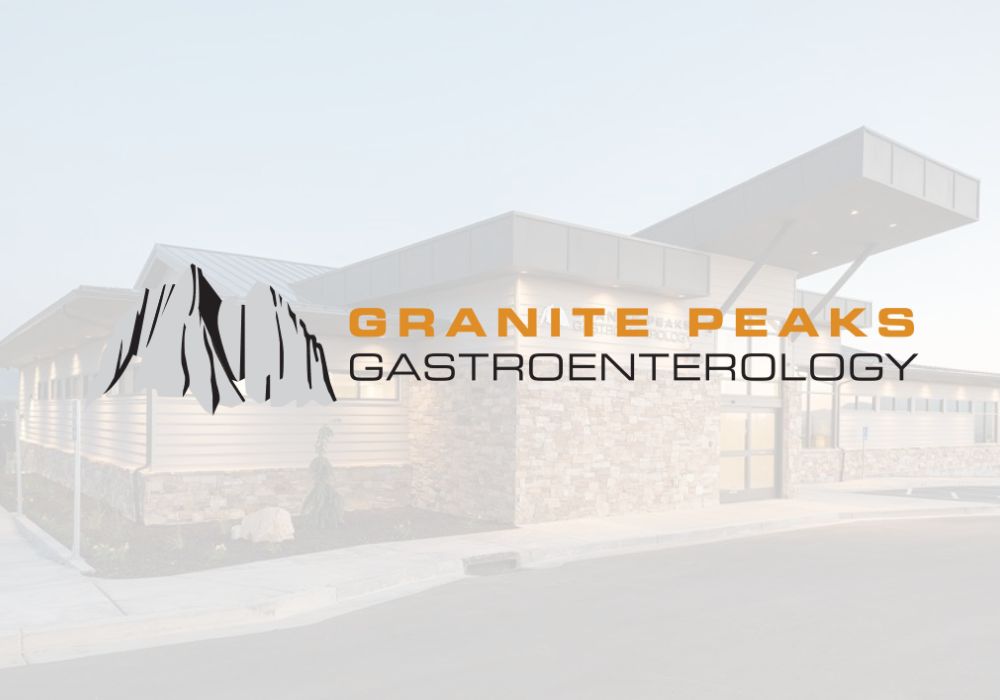What is GERD?
Frequent heartburn may mean you have Gastroesophageal Reflux Disease (GERD), a condition that lead to serious health problems. It is estimated that 40 percent of Americans are impacted by GERD. Symptoms of GERD may include heartburn, regurgitation, chronic cough, hoarseness, sore throat, chest pain, belching, asthma, and difficulty swallowing.
Up to 26.5 percent of those with chronic GERD may develop Barrett’s Esophagus in their lifetime. Barrett’s Esophagus is the primary risk factor for Esophageal Cancer. Less than 20 percent of people diagnosed with esophageal cancer survive more than five years after their diagnosis.
How is GERD diagnosed?
GERD is often suggested based on your symptoms. However, diagnostic testing may also be needed to assess the severity of your symptoms, and to exclude other contributing factors such as hiatal hernia, inflammation or ulceration in the stomach, or tumor. An upper endoscopy (EGD) is the test performed by your doctor to visualize the lining of the esophagus, stomach and duodenum. Sometimes this test may be normal despite symptoms that suggest GERD. Sometimes medical treatment may not completely control your symptoms.
What is a Bravo pH test?
We have a reflux testing option that may help. It’s a convenient, safe and patient-friendly test that is performed in our outpatient Endoscopy Center. The Bravo pH Test measures the pH level in your stomach acid to help your doctor determine if your symptoms are related to acid reflux or if there is another cause. It will reveal whether your acid is being adequately controlled with medical therapy or if surgical correction may be the solution to your acid reflux. The Bravo test can also determine whether some of your other symptoms (chronic cough, recurrent sore throats, hoarseness, sinus issues, chest pain) are related to GERD.
How is the Bravo pH test performed?
The Bravo pH Test involves performing an upper endoscopy (EGD) with sedation administered by an Anesthesia Professional. During the EGD, a location for placement of a small pH probe is identified, and the probe is attached to the lower part of the esophagus, where it is monitored for a period of 48 hours. You leave our facility with a recording device that you keep with you for the duration of the test. You are then instructed to register your activities including eating and sleeping, and record when you develop symptoms including heartburn, chest pain or regurgitation. The recorder is then returned to our office, where Granite Peaks Gastroenterology physicians will then analyze the recording, along with your diary of events, and report back to you.
How can this help with my medical care?
The Bravo test can determine if an abnormal amount of acid is present in the esophagus, and whether your ongoing symptoms are related to GERD. It can also be an important part of your evaluation if you are considering surgery for your GERD. Although medical therapy for GERD is effective for most people, there have been some recent concerns about the long-term safety of these medications (called PPIs, or proton pump inhibitors) including possible increased risk of chronic kidney disease, bone loss, heart disease and increased risk of certain gastrointestinal infections. If long-term therapy is considered with these medications, it is important to determine if abnormal acid reflux is present so that the appropriate treatment plan can be made between you and your physician.
If reflux is an issue for you and you would like an evaluation to explore treatment options, call or click today to make an appointment. Together we can decide if you are a candidate for Bravo pH testing. For more information, please visit www.utahheartburnrelief.com.


